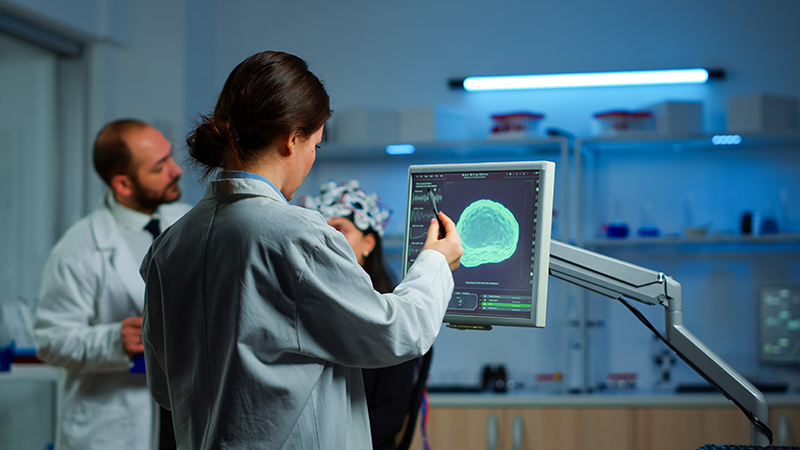Stroke Care and Rehabilitation"Helps stroke survivors recover their abilities and health."

At our medical facility, we offer a full range of stroke care services, including rehabilitation. We are aware that recovering from a stroke can be tough, but with the appropriate treatment, it is possible to do so. In this section, we will discuss what stroke care and rehabilitation are, why you might require them, the potential dangers involved, and how we stand out as a leading service provider.
What Is Stroke Care and Rehabilitation?
Stroke Care and rehabilitation following a stroke involve providing patients who have suffered from a stroke with medical attention as well as therapy. A stroke is a sudden disruption in the flow of blood to the brain, which can result in brain damage as well as a variety of physical and cognitive difficulties.
Why Do You Need Stroke Care and Rehabilitation?
- Recovery: Care following a stroke can assist you in recovering from the immediate affects of having a stroke, such as feeling weak or having trouble communicating.
- Preventing Recurrence: The goal of rehabilitation is to lower the patient's likelihood of suffering another stroke.
- Improving Quality of Life: Regaining independence in activities of daily living including walking, dressing, and eating might be facilitated with its aid.
- Emotional Support: The provision of emotional and psychological support for you and your family as a part of stroke care is included.
Possible Risks:
Care and rehabilitation following a stroke are generally associated with a low risk of complications. Nevertheless, there is a possibility that you will experience some little discomfort or weariness while undergoing therapy. Our medical professionals will track your progress and respond to any questions or concerns that may arise.
Treatment Steps in Stroke Care and Rehabilitation:
- Assessment: The severity of the damage caused by a stroke is evaluated by a medical team, which typically includes neurologists, and a specialised treatment strategy is devised.
- Acute Care: To address the symptoms that have arisen as a direct result of the stroke, the initial treatment may consist of medication, surgical procedures, or other medical interventions.
- Rehabilitation: Physical, occupational, and speech therapy are all a part of this phase, which focuses on helping the patient regain lost abilities and independence.
- Medication: Medication may be administered to treat risk factors for stroke, such as high blood pressure, as well as to assist in the rehabilitation process.
- Lifestyle Changes: A healthy lifestyle, which includes adopting a balanced diet, engaging in regular exercise, and giving up smoking, can help minimise the risk of having another stroke.
- Support: Emotional and psychological assistance is offered to patients and their families in order to assist patients in coping with the difficulties associated with recovering from a stroke.
We take great pride in being able to provide the most advanced stroke care and rehabilitation services at our hospital. You or a loved one can recover and regain independence with the assistance of our skilled team of healthcare experts, who are committed to providing this assistance. Get in touch with us as soon as possible to find out more about the ways in which we can facilitate your recovery from a stroke.
Top Asked Questions and Answers:
FAQ (Frequently Asked Questions):
+91-9144411108
Emergency Cases

